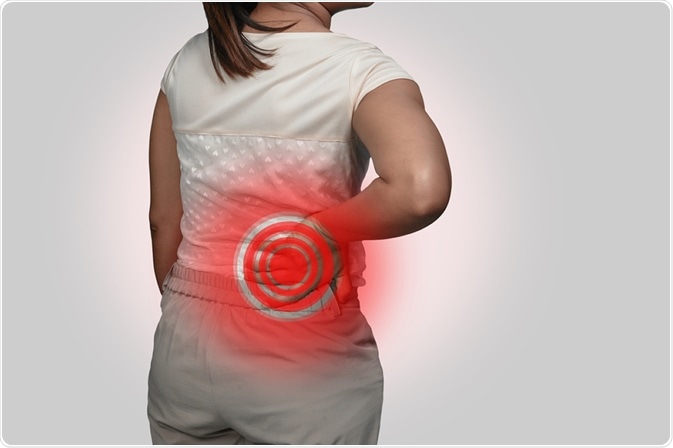While it is not possible to prevent chronic kidney disease (CKD) with complete certainty, several steps can be taken to reduce the risk of the disease and its progression.

At-Risk Individuals
Some population groups are most likely to be affected by CKD and, therefore, these individuals should be aware of their susceptibility to the disease and take steps to prevent it.
The raised blood glucose levels associated with diabetes can have an adverse effect on the kidneys' function, particularly over the long term. For this reason, it is essential that patients with diabetes have access to adequate medical management that enables them to control the blood glucose levels and the effect on the kidneys.
Similarly, chronic hypertension puts additional stress on the kidneys to filter the blood and is linked to an increased risk of CKD. On this basis, it is recommended that individuals with high blood pressure make appropriate lifestyle changes or take medications to control their blood pressure.
Smoking
It is widely known that smoking is linked to an increased risk of many health conditions, including cardiovascular disease, lung cancer and chronic kidney disease.
Stopping smoking is a simple and effective way to reduce the risk of developing CKD and positively impact other areas of health.
Diet
Nutritional intake is an important factor in the prevention of chronic kidney disease. It can help to regulate cholesterol, blood pressure and the concentration of electrolytes in the blood.
It is recommended to increase the quantity of fresh fruit and vegetables in the diet – 2 and 5 a day – as well as consuming more fiber from whole grains. Excess salt in the diet, often found in processed foods, can contribute to high blood pressure and should be restricted.
Alcohol
Excessive consumption of alcohol can lead to an increase in blood pressure and cholesterol levels in the blood. Based on this, it is recommended to moderate alcohol intake to reduce the risk of CKD. Women should consume no more than 2-3 standardized alcohol units in any day and men no more than 3-4.
Physical Activity
Regular exercise is beneficial to reduce the risk of CKD as it can help lower blood pressure and other positive health effects. For the best results, at least 30 minutes of moderate exercise is recommended each day, which can be as simple as walking or riding to work or other activities.
Medications
Some medications are known to increase the load on the kidneys and are linked to an increased risk of chronic kidney disease. Examples of these medications include lithium and non-steroidal anti-inflammatory drugs (NSAIDs) such as aspirin or ibuprofen. Therefore, these medications should be substituted for alternatives where possible.
Screening for Abnormal Kidney Function
Most people diagnosed with chronic kidney disease become aware of the condition following routine blood tests or urinalysis because the disease's early stages are not usually symptomatic.
Particularly for individuals with known increased risk of CKD, such as those with hypertension or diabetes, it is beneficial to have regular blood and urine examination to monitor for changes. This is the best way to detect early signs of abnormal kidney function and initiate methods to prevent the disease's progression.
References
- http://www.mayoclinic.org/diseases-conditions/kidney-disease/basics/prevention/con-20026778
- http://www.nhs.uk/Conditions/Kidney-disease-chronic/Pages/Prevention.aspx
- http://www.aihw.gov.au/WorkArea/DownloadAsset.aspx?id=6442459672
- http://www.aafp.org/afp/2004/1115/p1921.html
Further Reading
- All Chronic Kidney Disease Content
- Chronic Kidney Disease (CKD)
- Living with Chronic Kidney Disease
- Chronic Kidney Disease Symptoms
- Chronic Kidney Disease Causes
Last Updated: Jan 26, 2021

Written by
Yolanda Smith
Yolanda graduated with a Bachelor of Pharmacy at the University of South Australia and has experience working in both Australia and Italy. She is passionate about how medicine, diet and lifestyle affect our health and enjoys helping people understand this. In her spare time she loves to explore the world and learn about new cultures and languages.
Source: Read Full Article
